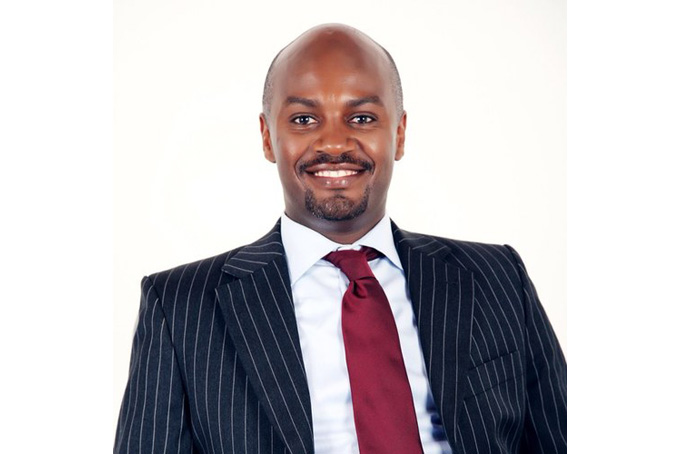
by Andrew M. Mwenda
CNN) — So finally, Madonna’s honeymoon with Malawi has ended with a spat. Malawi’s minister of education accused Madonna of “bullying officials” and exaggerating the extent of her charity in the country.
Trouble started when the government withdrew her VIP status and she therefore had to wait in line like everyone else to go through immigration. President Joyce Banda said that Madonna felt her charitable work meant that Malawi should “be forever chained to the obligation of gratitude.”
For her part, Madonna described the reports as inaccurate, and says they are the result of a spat with the president’s sister, Anjimile Mtila Oponyo, who was fired as president of Madonna’s charity Raising Malawi and is suing for wrongful termination.
For some years now, Madonna had literally and figuratively adopted that country, and two of its children. She also made a documentary. But it was clear that her relationship with Malawi, like many other patron-client relations, would lead to quarrels and recriminations.
Many of the current Western missions of charity in Africa carry an underlying tendency towards self-righteousness on the part of donors and with it, a sense of entitlement. Some of those who give charity expect the recipients to treat them with deference and to attend to their every whim.
Yet Madonna is not alone. There is a growing movement in the West by celebrities to champion causes in poor countries.
Lately, Angelina Jolie has become the champion of the people of eastern Congo. She joined George Clooney, who has been leading the cause of the new state of South Sudan.
Oprah Winfrey is educating teenage girls in South Africa. And most prominent of them all is Irish rock star Bono, of U2 fame. He is the leading spokesman for the entire continent on matters of poverty and aid. Even Western governments listen to him when discussing their economic policies towards Africa — preferring his counsel to that of the continent’s democratically elected leaders.
All too often, these campaigns are not about the welfare of the people they claim to be helping but act as a platform for celebrities to promote their brand to their audiences at home by exhibiting their humanity.
So some come to save orphans, others to defend human rights, feed the hungry, treat the sick, educate our children, protect the environment, end civil wars, negotiate aid and promote family planning, lest we overproduce ourselves.
It is almost as if Africans cannot do anything by themselves and need a combination of Mother Teresa and Santa Claus to survive.
Of course, these initiatives have on occasion contributed something positive to the wellbeing of those affected by such generosity. They have also shed light on the problems that sometimes get ignored and thus brought international attention to them.
Yet for the most part, the long-term consequences of these celebrity campaigns far outweigh whatever short-term benefits they bring. For example, the Africans subject to this generosity are not active participants in the campaigns meant for their own good. Instead, they are depicted and presented as passive recipients of international charity.
The tendency to treat Africans as children to be helped is a relic of our colonial past. For then, white superintendents treated every African, whatever their age, as a child. This patronizing attitude sometimes gets accepted by its victims and is central to the stifling of self-initiative and to creating a dependency mentality among Africans.
For celebrities to “save” Africa they need a specific presentation of the continent and its people. So they use images of starving children, sick mothers, hungry villages, rampaging warlords, and corrupt politicians.
While these images depict a part of Africa’s reality, they do not tell the whole story about the continent. They crowd out the other part of Africa’s reality — of innovative youth, enterprising individuals, creative organizations and reformist governments. The consequence of this one-sided presentation has been to perpetuate the narrative of Africa as a place of hopelessness, poverty, misery and adversity — often obscuring the opportunities that abound on the continent.
Thus, as a result of these campaigns, our continent tends to attract the most compassionate people of the West who come to give charity. However, its negative side effect is to scare away the most enterprising people of the West who would bring capital to invest and make money. Even when they do try to do something in Africa, like Bill Gates has done through his foundation, they come as merchants of charity, not enterprise.
Thus, although it has achieved short-term humanitarian objectives, in the long term, celebrity activism has killed the goose of private enterprise that is supposed to lay the golden age of prosperity.
Editor’s note: Andrew M. Mwenda is managing editor of Ugandan news magazine The Independent. He has also been named one of Foreign Policy magazine ‘s top 100 Global Thinkers, and is a former TED speaker.